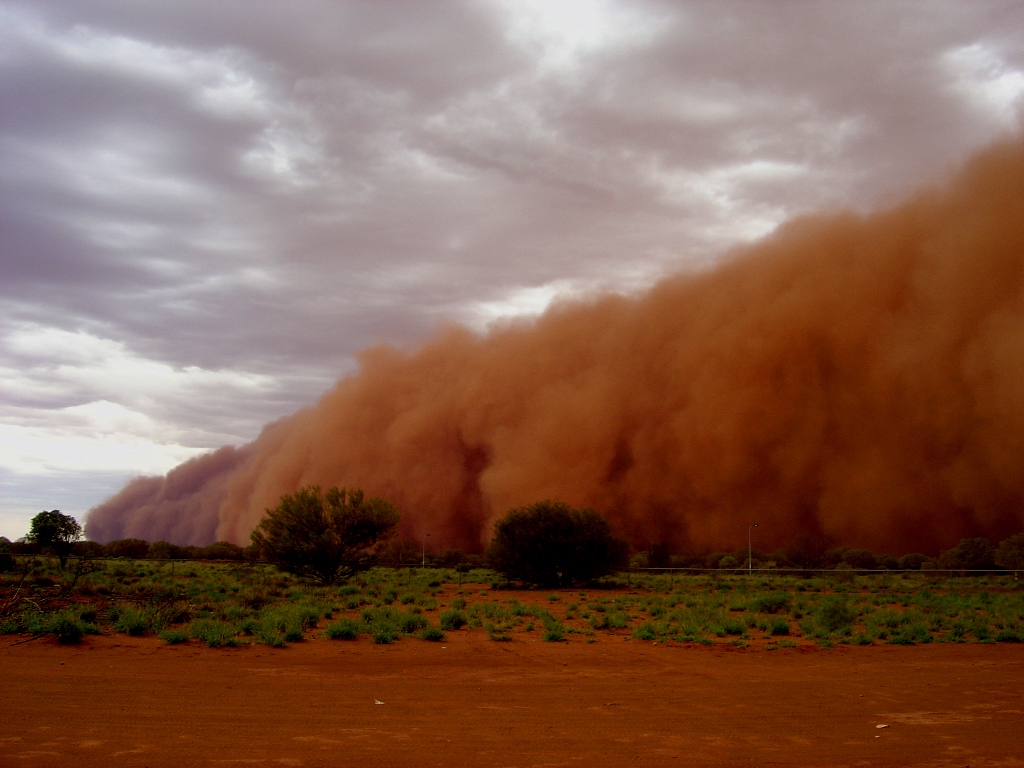Iranian delegations took part in two major UN environmental events this week namely the interactive dialogue on sand and dust storms and the 24th session of the FAO Committee on Forestry.
The first conference was held on Monday at the UN headquarters in New York, in which Ali Mohammad Mousavi, director general of sustainable development at the Foreign Ministry, represented Iran as a main panelist along with officials from the UN Environment Program, the UN Department of Economic and Social Affairs, the UN Convention to Combat Desertification and the World Meteorological Organization.
During his speech, Mousavi stressed that resolving the issue of sand and dust storms (SDS) requires regional and international cooperation and declared Iran's readiness to cooperate in the projects, especially in West Asia, IRNA reported.
He highlighted the role of the UN in combating SDSs and commended the efforts by UNEP and UN Economic and Social Commission for Asia and the Pacific along this way.
The panelists cited solutions such as greening areas where SDS events tend to occur, improving information channels so even the most vulnerable communities can adequately prepare and protect themselves and enhancing cross-border collaboration so countries can share lessons learned and implement holistic disaster risk reduction measures.
Tehran's Proposals
Iran's proposals for better managing the phenomenon included coordination among relevant UN agencies, financial and technical assistance to countries affected by SDSs, preparation of a scheduled action plan by UN agencies and establishment of a regional health center for SDS-affected countries in cooperation with the World Health Organization.
UN General Assembly President Miroslav Lajcak recognized the role of Iran and the Group of 77 (a coalition of developing nations) and China in promoting the important dialogue on sand and dust storms.
"This dialogue is a continuation of the discussions during the International Conference on Combating Sand and Dust Storms held in Tehran last July," he said.
SDSs affect more than 45 countries—principally in the Sahel, Central and East Asia, the Middle East as well as North America and the Caribbean. Besides posing risks to human well-being, these meteorological events have major economic impacts on nations.
Forests and SDGs
The other international event concerning forests commenced on the same day (July 16) and will run until July 20 in Rome, Italy, with over 120 countries attending, including Iran.
Khalil Aghaei, deputy agriculture minister, is heading the Iranian delegation in the 24th session of the FAO Committee on Forestry.
"We have certain joint plans with FAO and will meet with their officials over the course of the session in Italy to discuss cooperation on other areas such as forests, watershed management, pest and tree disease control as well as anti-desertification," he was quoted as saying by Mehr News Agency.
There are around 14 million hectares of forested land distributed in five regions across Iran, the most important of which are Zagros and Arasbaran, according to Aghaei.
The biennial sessions of the FAO Committee on Forestry bring together heads of forest services and other senior government officials to identify emerging policy and technical issues, seek solutions and advise FAO and others on appropriate action, FAO's website reads.
This year's event is underway under the theme "Forests and the Sustainable Development Goals—from aspiration to action."
It is held in conjunction with the sixth World Forest Week—a series of meetings and events sponsored by FAO and its partner organizations and institutions.


